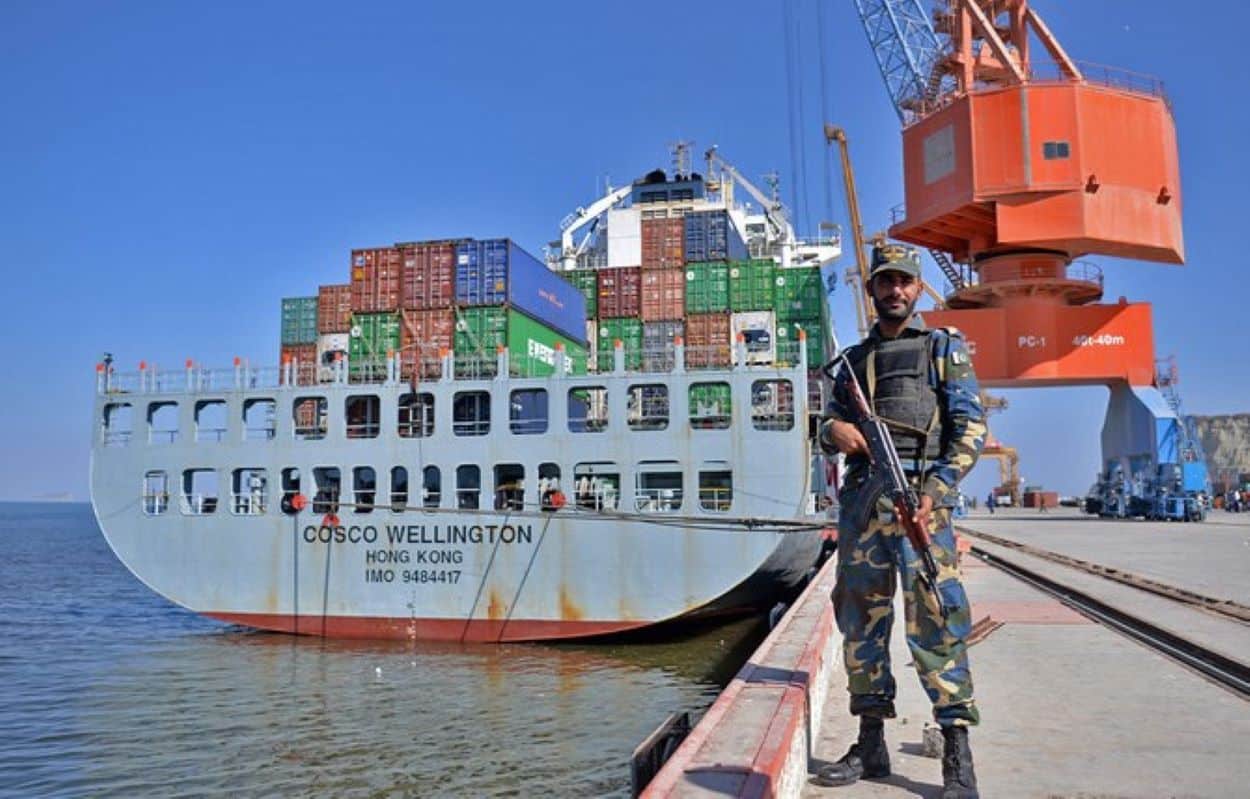Experts convened at a seminar yesterday shared a unanimous perspective on Karachi’s potential to evolve into a significant hub for transit trade, linking the landlocked and energy-rich Central Asian countries to the north with the oil-rich, capital-abundant Middle East to the west, and the economically vibrant East Asia, which has a strong energy demand.
The seminar was a collaborative effort, jointly organized by the International Road Union (IRU), the Economic Cooperation Organization, and the Ministry of Commerce. The speakers emphasized Karachi’s strategic position as a central node in the trade routes connecting these diverse regions.
During the discussions, there was a strong call for the early ratification of various international conventions that support the seamless movement of goods across land routes. Among these, the TIR Convention of the United Nations, which ensures the facilitation of international transport of goods under cover of TIR carnets, was highlighted as particularly crucial.
Furthermore, the speakers urged the government to take decisive steps towards modernizing its trucking policy and fostering the development of the country’s international freight forwarding industry. Although the federal cabinet approved a trucking modernization policy in 2007, its implementation has yet to occur.
This delay in policy implementation underscores a critical gap in capitalizing on Karachi’s geographic and economic positioning to enhance its role in global trade networks. The experts’ dialogue at the seminar pointed out the pressing need for infrastructural and regulatory upgrades to efficiently meet the demands of international trade and commerce.






